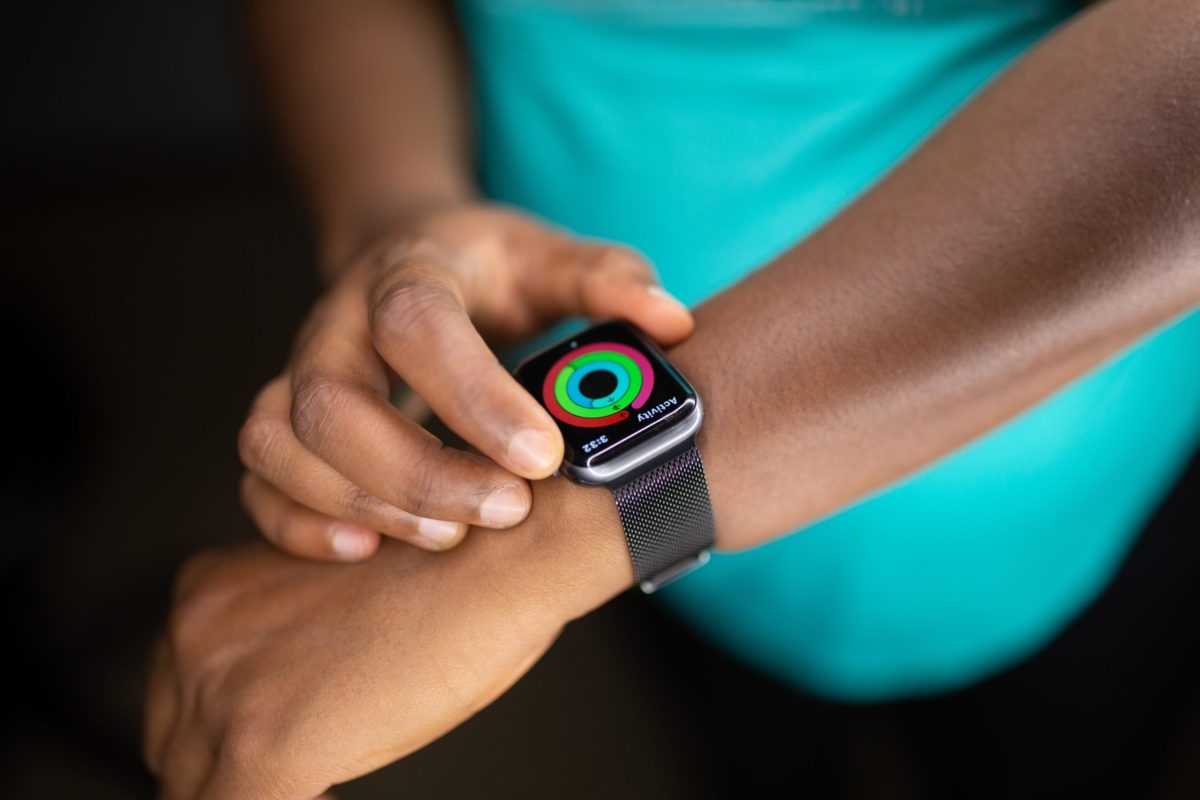Apple is rumored to be targeting health insurance.
What’s happening: Likely partnering with an incumbent, Apple could leverage its ecosystem of data, wearables, and developer tools to enter the $1.1T health insurance industry by 2024.
For context: Apple recently doubled down on becoming the “center of health” for both consumers and doctors.
According to CCS Insights’ chief analyst Ben Wood, that position lends itself to the insurance market, too:
“They’ve got a wealth of personal health data through Apple Watch. If they join some of the dots together they can become a very competitive health insurance player and that potentially is going to have quite an impact on the structure of the healthcare market in the U.S.”
With advanced biometric features on Apple Watch, third-party developer tools, health tracking capabilities, and Fitness+ on every iPhone, Apple has the components to incentivize personal well-being.
Emphasizing preventative wellness, Apple could gamify health insurance. Notably, it already has a foot in the door, providing Apple Watches to members of UnitedHealthcare, Devoted Health, and John Hancock’s Vitality.
Zooming out: Apple isn’t alone in eyeing insurance. After shuttering Haven, its joint venture with JPMorgan and Berkshire Hathaway, as well as its in-house telehealth service, Amazon scooped up One Medical.
Meanwhile, rival retailer Walmart has made inroads by partnering with UnitedHealth, launching a co-branded Medicare Advantage plan while scaling virtual, in-clinic, and medical research capabilities.
Takeaway: Selling more smartwatches and boosting services revenue, Apple’s healthcare ambitions align with business objectives and Tim Cook’s commitment to making health the company’s “greatest contribution to mankind.”



